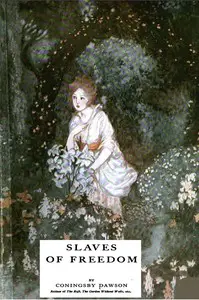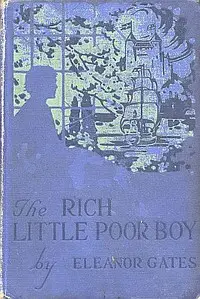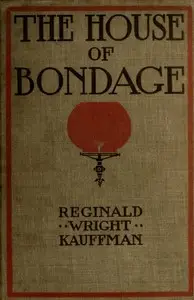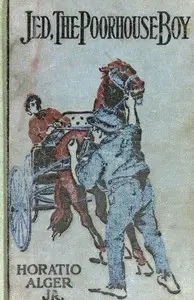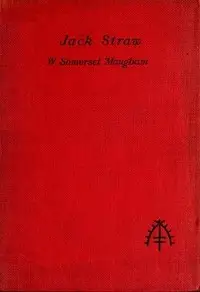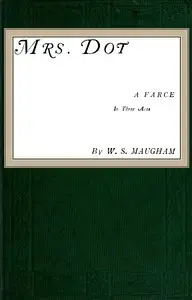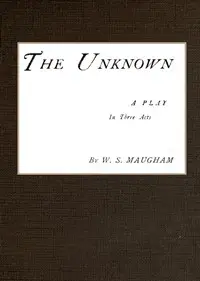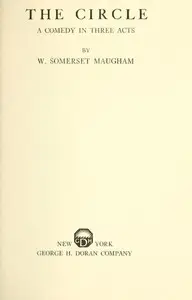"Of Human Bondage" by W. Somerset Maugham is a story about Philip Carey, an orphan with a club-foot, as he grows up and looks for freedom in a world that cares a lot about looks and social class. We meet Philip as a young boy facing the death of his mother, then moving in with his uncle and aunt. He tries to make connections with them, while dealing with hurt from losing his mother. His struggle to fit in because of his foot points to a life full of trouble as he tries to be accepted in a world that can be unfair. The story creates a strong sense of feeling, showing ideas about sadness, who we are, and how complicated people can be, all of which become clearer as Philip gets older.

Of Human Bondage
By W. Somerset (William Somerset) Maugham
An orphaned boy with a disability searches for love and freedom while battling feelings of being an outsider.
Summary
About the AuthorWilliam Somerset Maugham was an English writer, known for his plays, novels and short stories. Born in Paris, where he spent his first ten years, Maugham was schooled in England and went to a German university. He became a medical student in London and qualified as a physician in 1897. He never practised medicine, and became a full-time writer. His first novel, Liza of Lambeth (1897), a study of life in the slums, attracted attention, but it was as a playwright that he first achieved national celebrity. By 1908 he had four plays running at once in the West End of London. He wrote his 32nd and last play in 1933, after which he abandoned the theatre and concentrated on novels and short stories.
William Somerset Maugham was an English writer, known for his plays, novels and short stories. Born in Paris, where he spent his first ten years, Maugham was schooled in England and went to a German university. He became a medical student in London and qualified as a physician in 1897. He never practised medicine, and became a full-time writer. His first novel, Liza of Lambeth (1897), a study of life in the slums, attracted attention, but it was as a playwright that he first achieved national celebrity. By 1908 he had four plays running at once in the West End of London. He wrote his 32nd and last play in 1933, after which he abandoned the theatre and concentrated on novels and short stories.

